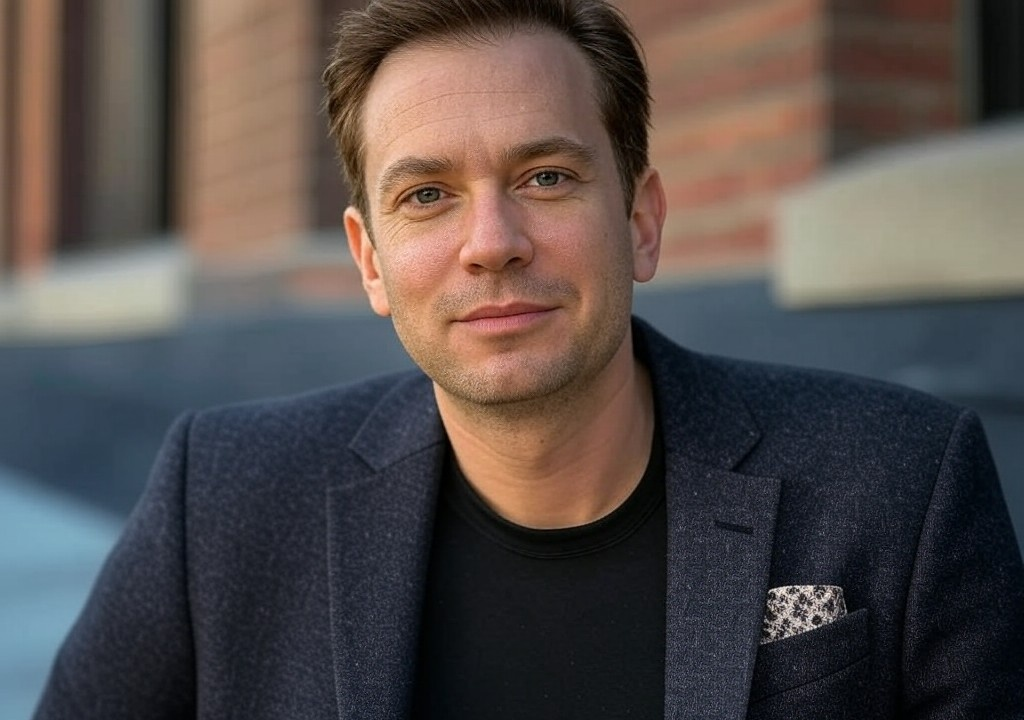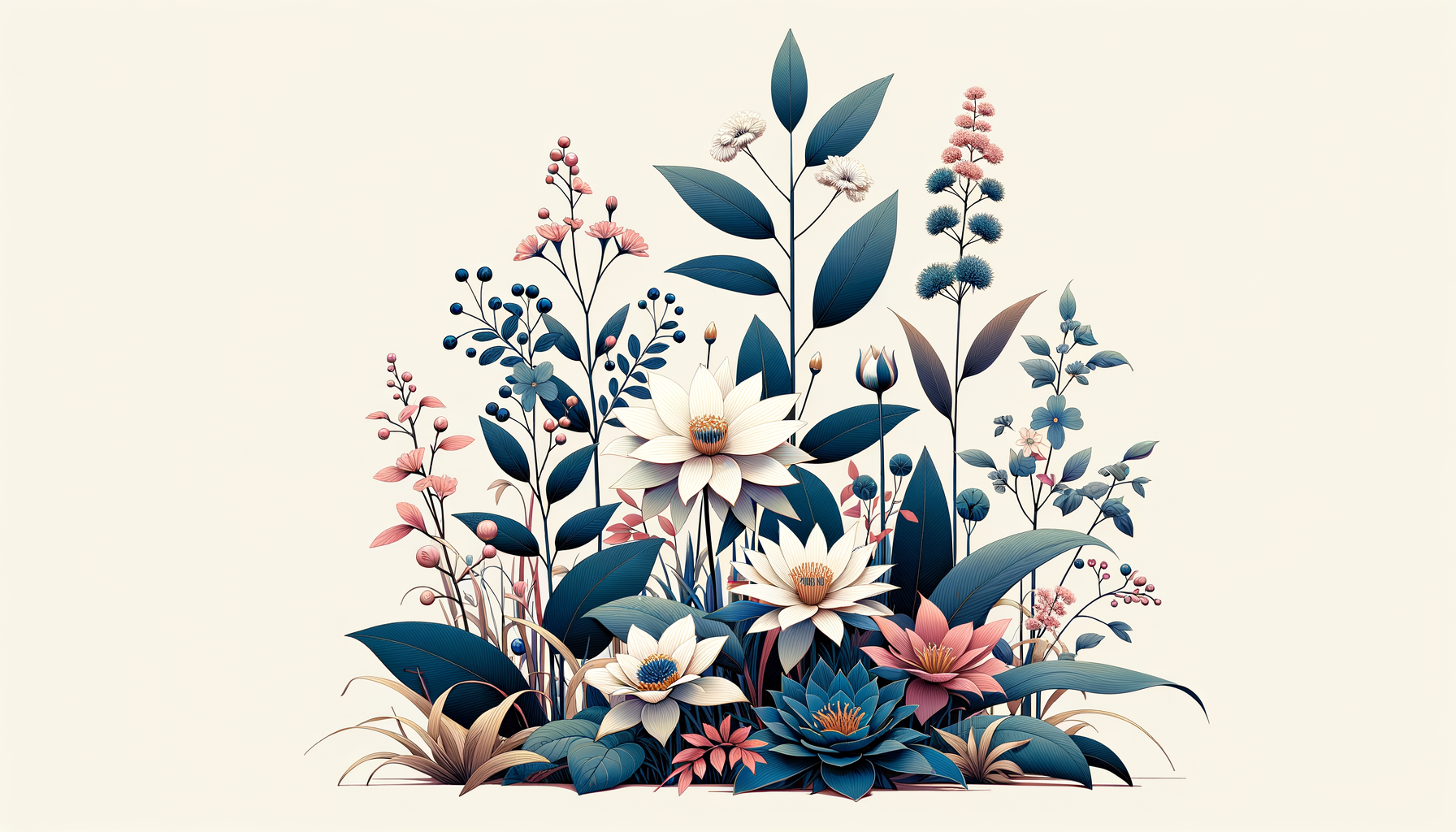The First Glance That Changed Everything
We all have that moment. A blip in time when, against the chaotic backdrop of life, somebody truly sees us—past the curated Instagram version of ourselves, past the layers of defense mechanisms we’ve carefully perfected. Mine happened in a place I didn’t expect, with a person I couldn’t have predicted. To be fair, I was also wearing a pair of loafers so flamboyant they could have probably signaled space shuttles. But good stories rarely begin with subtlety, right?
The Scene: A Secondhand Bookstore and a Flirtation with Fate
It was a muggy Saturday afternoon in Brooklyn, and I was catching my breath after a morning spent aggressively overthinking my life choices—an underrated cardio workout. I’d wandered into a secondhand bookstore on Court Street, the kind where the shelves groan under the weight of too many ideas, and the scent of musty pages could rouse even the sleepiest imagination. The shopkeeper was blasting Duke Ellington, and there was this hypnotic rhythm to the space like the room had forgotten the concept of time.
I was crouched in the “Literary Criticism” section, leafing through a worn copy of James Baldwin’s The Fire Next Time, when I heard someone approach. At first, I ignored it, because Brooklyn etiquette dictates you pretend not to notice anyone until absolutely necessary. But then, I heard her. A voice, low and rich, asked, “Baldwin or Morrison—which one do you think would win in a debate?”
I looked up, startled, and there she was. She had that kind of effortless confidence that made you feel like the messy main character in a rom-com. A sharp, asymmetrical haircut, oversized glasses that hinted at a secret life as a design visionary, and an expression that already seemed to know more about me than I was comfortable revealing.
Now, normally, I’m fairly articulate. Yale educated and all that jazz, remember? But faced with this question, I said—brace yourself for the brilliance—“Uhhh… depends on the topic?” Genius level, Carmichael. She smirked, leaning one hip against the shelf. “Good answer. Safe. But I bet Morrison would wipe the floor with him if it came to love.”
I think that was the moment. She saw me hesitate, caught off-guard in all my nerdy, over-analytical glory, and she liked it. Not despite my awkward pause, but because of it. And somehow, for the first time in a long time, I didn’t feel pressured to present myself as cooler, funnier, or whatever else I was supposed to be. I felt enough, as is.
When Identity Gets Caught in Metaphorical Storms
To understand why this mattered so much to me, you have to consider the artistry—and occasional absurdity—of the lives we build for ourselves. Growing up in Brooklyn Heights as the son of ambitious entrepreneurs meant identity was an evolving project. On one hand, I had parents who believed in the audacity of dreaming big. On the other hand, I learned early that “authentic” wasn’t always marketable—at least not the version of yourself that fumbles, doubts, or fails.
By the time I moved through my Yale and Harvard years, I was fluent in adapting. I could talk hip-hop and Hemingway in the same breath, knew how to casually drop in tidbits about Berlin’s underground art scene, and didn’t think twice about tailoring my personality like a bespoke suit. But adapting isn’t the same as being known. Adapting is safe. It keeps people from seeing the places where your confidence cracks, or your ego bruises just a little too easily.
So when Duke Ellington Girl—let’s call her Elle—leaned in, saw the hesitation in my eyes, and called me on it, something soft inside me shifted.
The Shift: Asking Questions That Actually Matter
Elle didn’t just stop at books. She asked about the things I only ever talked about in vague terms. The writing I was working on. My theory that the best Kendrick Lamar album could match the emotional arc of Gabriel García Márquez’s One Hundred Years of Solitude. My weird fascination with how airports feel both heartbreakingly lonely and brimming with possibility.
And when I asked her things, she didn’t shrink or deflect. She dove in, unapologetically. Grew up in New Mexico, once trained as a dancer, freelanced as a graphic designer. Loved egg sandwiches but hated runny yolks—a small tragedy, we joked. She wasn’t afraid to be specific, to show me the eclectic little corners of her personality.
There wasn’t a romantic crescendo to that moment. I’d like to claim we fell head-over-heels among the dusty poetry anthologies, but in reality, we exchanged numbers, shared bagels a week later, and eventually became the kind of couple that argues over which Broadway show is the best gateway to theater. (For the record, it’s A Chorus Line—we’re still debating it.)
But it wasn’t about the “happily-ever-after” narrative; it was about feeling seen. For the first time, I didn’t feel like an extra in someone else’s story or a protagonist performing for an audience of critics. Someone caught the realness of me—messy, anxious, shoe-snobbery and all—and chose to stay awhile.
What It Means To Be Seen: Lessons from a Creaky Secondhand Bookstore
Moments like these hit differently when you realize how rare they are. Being seen isn’t just about external validation; it’s about someone holding up a mirror and pointing out the beauty in all the places you forget to check.
Here’s what I’ve learned since that afternoon:
-
Drop the Armor, Keep the Boundaries: Letting people see the real you doesn’t mean oversharing to the point of discomfort. Vulnerability is not a confessional booth; it’s an invitation to connect.
-
Ask Better Questions: Move beyond small talk. Skip “Where are you from?” and dive into “What’s been inspiring you lately?” or “What’s one thing you love that you’d gladly defend in a debate?”
-
Celebrate Specificity: There’s magic in the details. So they love ‘90s ska bands or start their day journaling about dreams? Don’t gloss over these quirks—lean into them.
-
Take Up (Emotional) Space: You know how you don’t apologize for saving an aisle seat at Hamilton? Apply that same energy to sharing your thoughts and experiences. You’re allowed to take up a room with your presence.
Seeing—and Being Seen—Is a Practice, Not a One-Time Event
The truth is, being seen isn’t just about finding the right person; it’s about living in such a way that you allow the possibility for it. Elle saw through me because, in that moment, I gave her something to see, even if unintentionally. So keep showing up as your sharp, brilliant, flawed self. One day, in a musty old bookstore or an overcrowded café, someone will see you too. And the best part? You’ll finally believe them when they do.




















